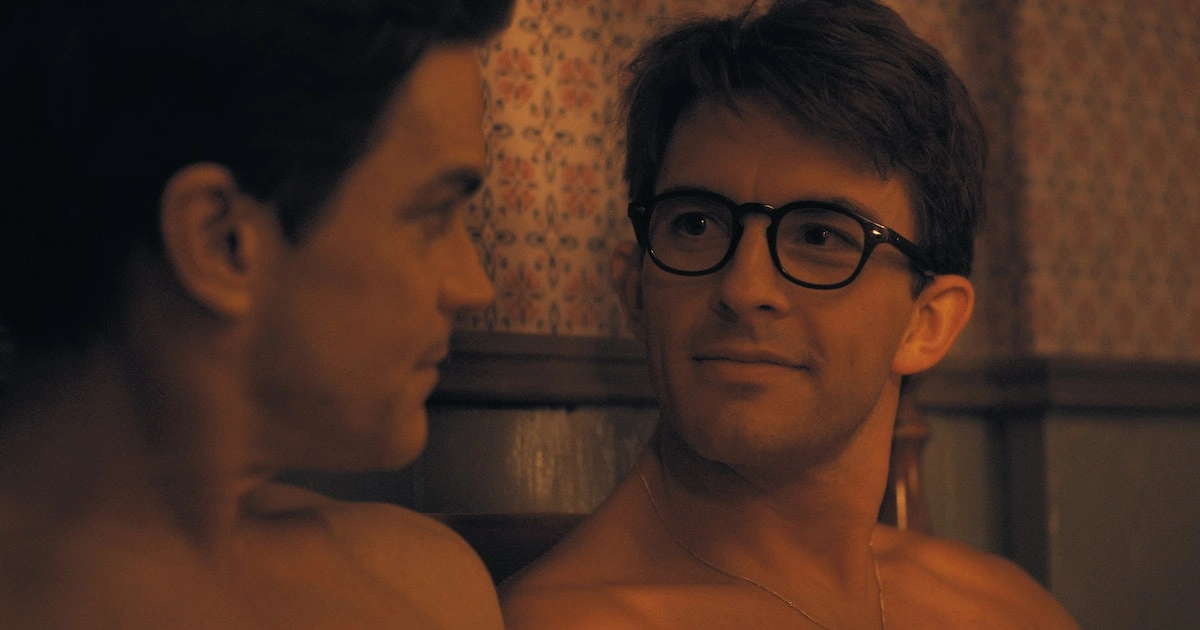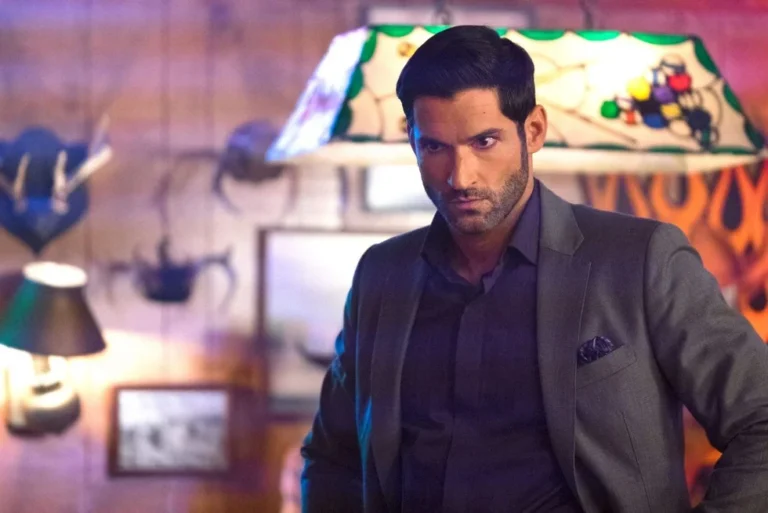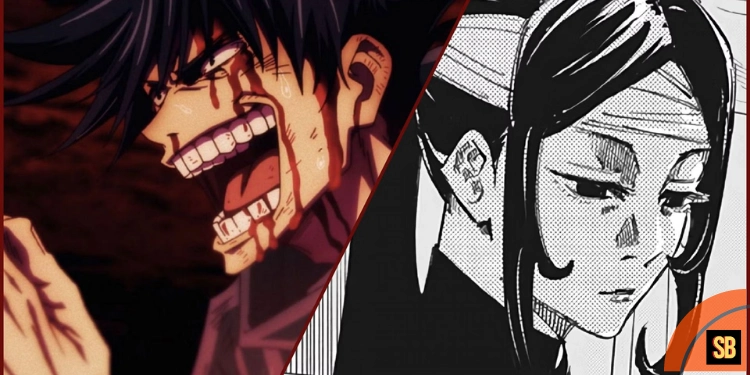If you haven’t immersed yourself in the emotional rollercoaster that is Fellow Travelers, consider this your spoiler alert. The series has wrapped up its journey, leaving hearts shattered and minds contemplative. In the midst of the heartbreak and revelations, one thing is abundantly clear – Jonathan Bailey’s performance as Tim Laughlin deserves every accolade in the book.
A Heartfelt Farewell to Tim Laughlin
The series finale, a poignant exploration of love, loss, and the unforgiving march of time, bids farewell to Tim Laughlin, portrayed by the immensely talented Jonathan Bailey. Tim’s journey, which began against the backdrop of the Lavender Scare in the 1950s, reaches its heart-wrenching conclusion as he succumbs to complications from AIDS. Bailey’s portrayal of Tim’s character throughout the series is nothing short of extraordinary, drawing the audience into the intricate web of emotions that defined Tim and Hawk’s clandestine romance.
A Departure from the Novel: Tim’s Tragic End
The finale diverges from Thomas Mallon’s original 2007 novel, opting for a narrative twist that sees Tim meeting his end due to AIDS rather than bone cancer. This creative decision adds a layer of poignancy to Tim’s story, emphasizing the broader context of LGBTQ+ history, including the AIDS crisis, Harvey Milk’s death, and the sanctuary of Fire Island.

Key Moments in the Finale: A Symphony of Emotions
As the series bids adieu to Tim, we’re taken on a journey through significant moments in the finale. From Lucy’s visit to Tim in the hospital to Hawk’s desperate attempts to secure a meeting for Tim with influential figures, the episode unfolds with a mix of desperation, determination, and the weight of decades-long secrets.
1957: The Betrayal That Defined Hawk and Tim’s Relationship
One of the pivotal scenes in the finale is set in 1957, unraveling the betrayal that defined Hawk and Tim’s complicated relationship. Hawk, haunted by the Lavender Scare and the constant threat of exposure as a gay man, reports Tim to the M Unit for suspected “deviant” activity. Bailey’s portrayal of Tim’s shock and the subsequent impact on their relationship is a masterclass in delivering complex emotions.
1986: Hawk’s Unraveling and a Revelation
Fast forward to 1986, and we witness Hawk’s desperate attempt to address the AIDS crisis and salvage a last favor for Tim. The revelation of Tim’s lover and the true nature of their relationship to Hawk’s associate, Dave Holm, marks a turning point. Bailey’s performance in this scene is a powerful expression of Hawk’s inner rage and frustration at a government indifferent to the suffering of the LGBTQ+ community.
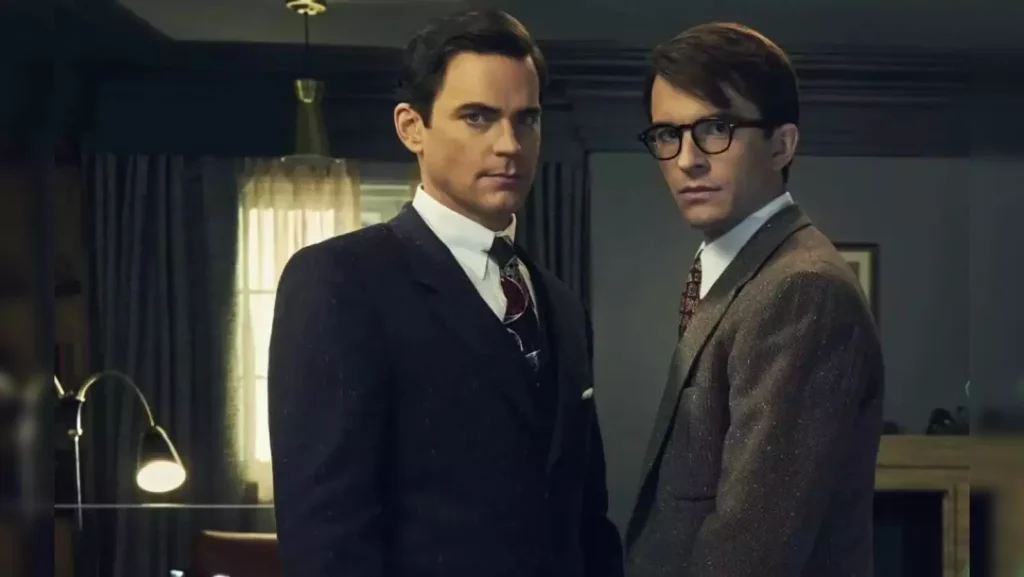
Lucy’s Decision and Tim’s Final Stand: Layers of Tragedy Unveiled
The emotional layers deepen as Lucy, portrayed with depth and nuance, visits Tim at the hospital for a seemingly selfish reason – to understand the depth of Tim’s importance to Hawk. Her departure from Hawk, after 30 years of marriage, becomes a poignant consequence for Hawk’s decades of infidelity. Tim’s final stand at the Governor’s gala, with Marcus, Frankie, and Jerome, unveils the true tragedy of the AIDS crisis – a message that people aren’t dying from AIDS but from the indifference of elected leaders.
Tim’s Death and the Real Meaning of “Beyond Measure”
Tim’s death from AIDS, portrayed with sensitivity and depth, allows him to be featured on the first display of the AIDS Memorial Quilt. Tim’s struggle with guilt, religion, and his sexual identity is encapsulated in his understanding of God and love as something “beyond measure.” Bailey’s performance in conveying Tim’s complex emotions adds a layer of richness to the series’ central message – the enemy isn’t a person but the collective indifference of society.
The Real Meaning of Fellow Travelers’ Ending: A Culmination of Passionate Bonds
As the series concludes with the aptly titled “Make It Easy,” Tim’s death is presented as a courageous fight for his place in the world. Lucy’s departure becomes a consequence for Hawk’s seemingly “bulletproof” decades, and Hawk’s public acceptance of his love for Tim marks a poignant moment. Bailey’s portrayal of the passionate bond between Hawk and Tim, characterized by on-and-off poor treatment and a complex love dynamic, leaves an indelible mark on the series’ concluding moments.
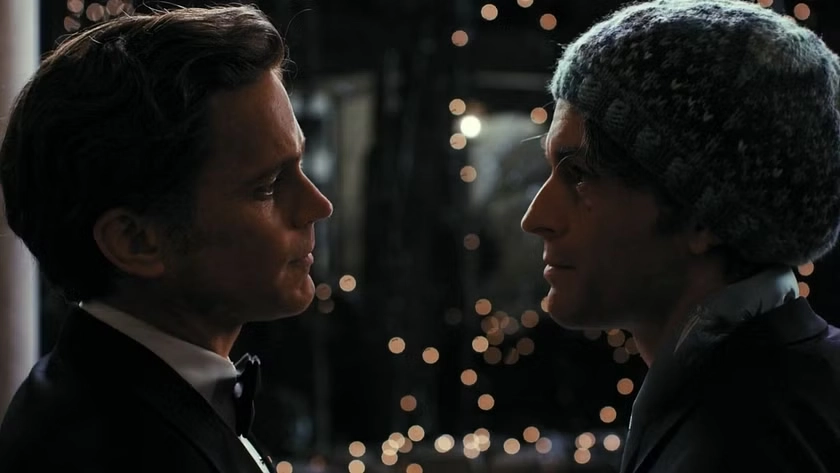
Jonathan Bailey: A Revelation in Every Scene
In every scene, Jonathan Bailey’s portrayal of Tim is a revelation. From the wide, giddy eyes of a man madly in love to the resignation of facing death with clarity, Bailey navigates the complexities of Tim’s character with unmatched skill. The sensational monologue, delivered with certainty and emotion, speaks not only to a complicated romance but also echoes the sentiments of generations of gay men whose loves were colored by the times they lived in.
Ending Notes: Deserving Every Award
In dissecting the ending of Fellow Travelers, one thing becomes unequivocally clear – Jonathan Bailey deserves every award for his exceptional portrayal of Tim Laughlin. The series, with its exploration of love, tragedy, and societal indifference, is elevated by Bailey’s nuanced and powerful performance. As we reflect on the impact of Fellow Travelers, let’s not forget to applaud the talent that brought Tim’s character to life and made us feel every heartbeat, every loss, and every moment of love beyond measure.












